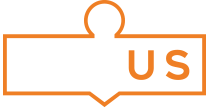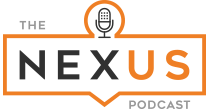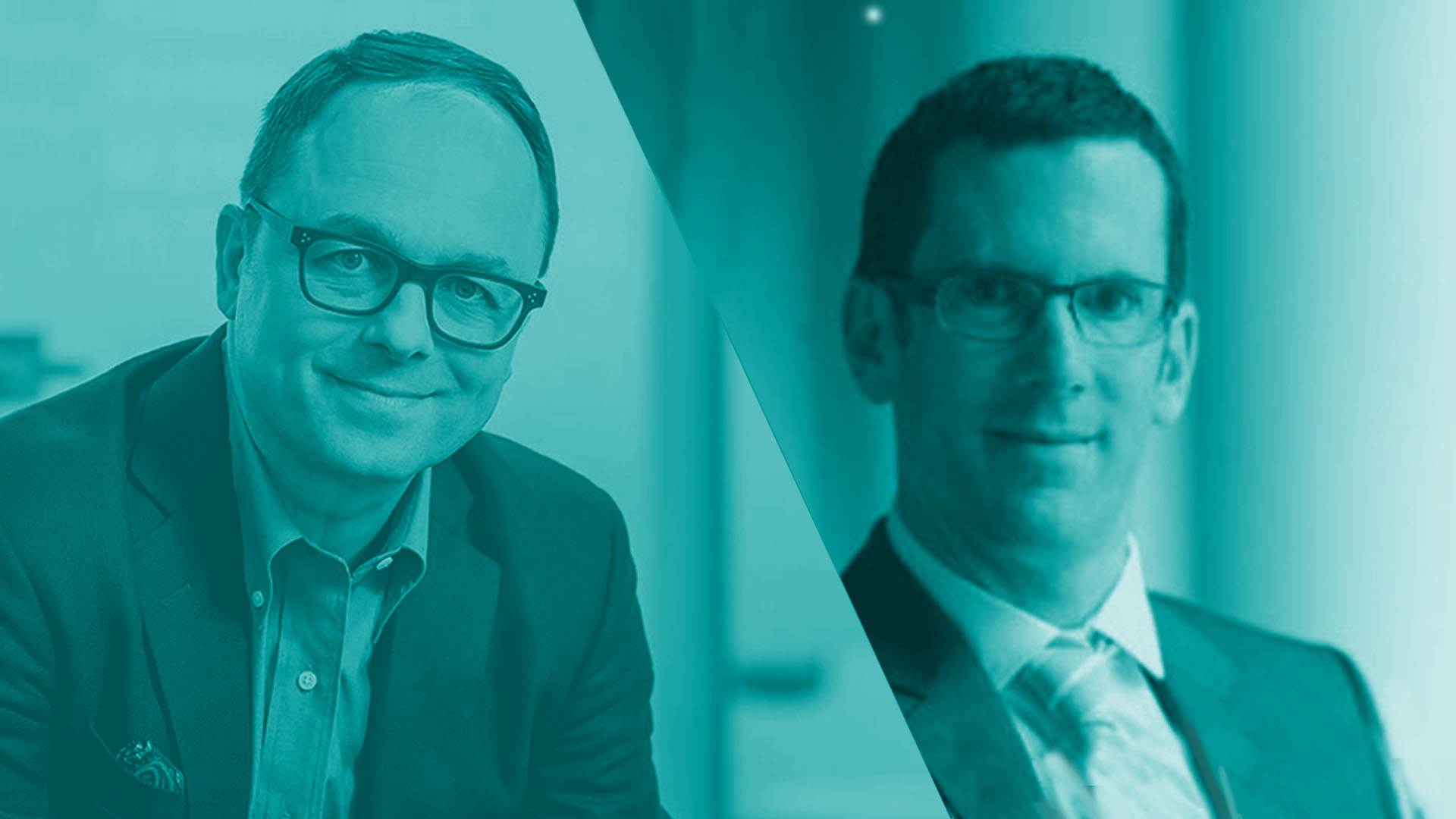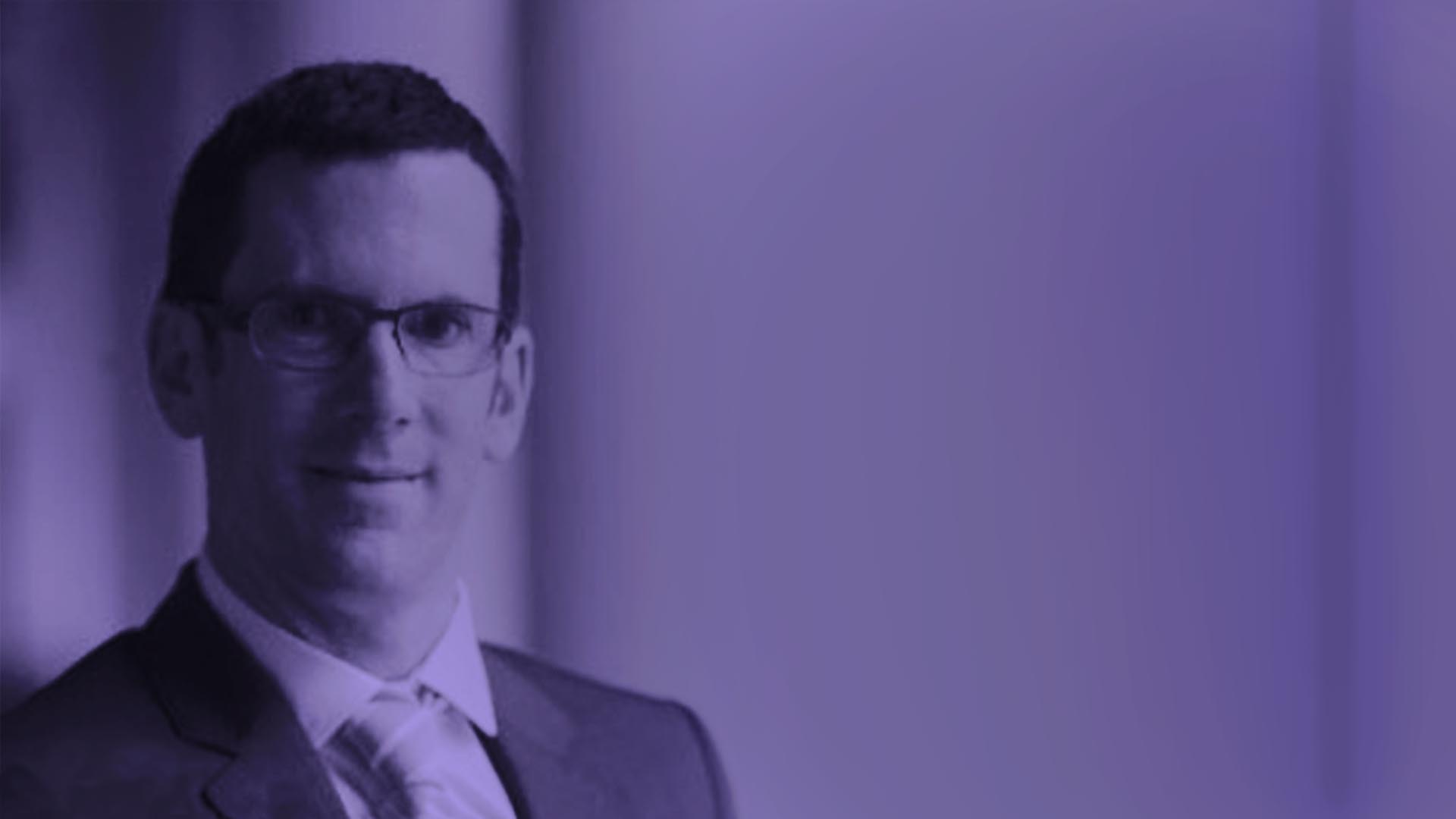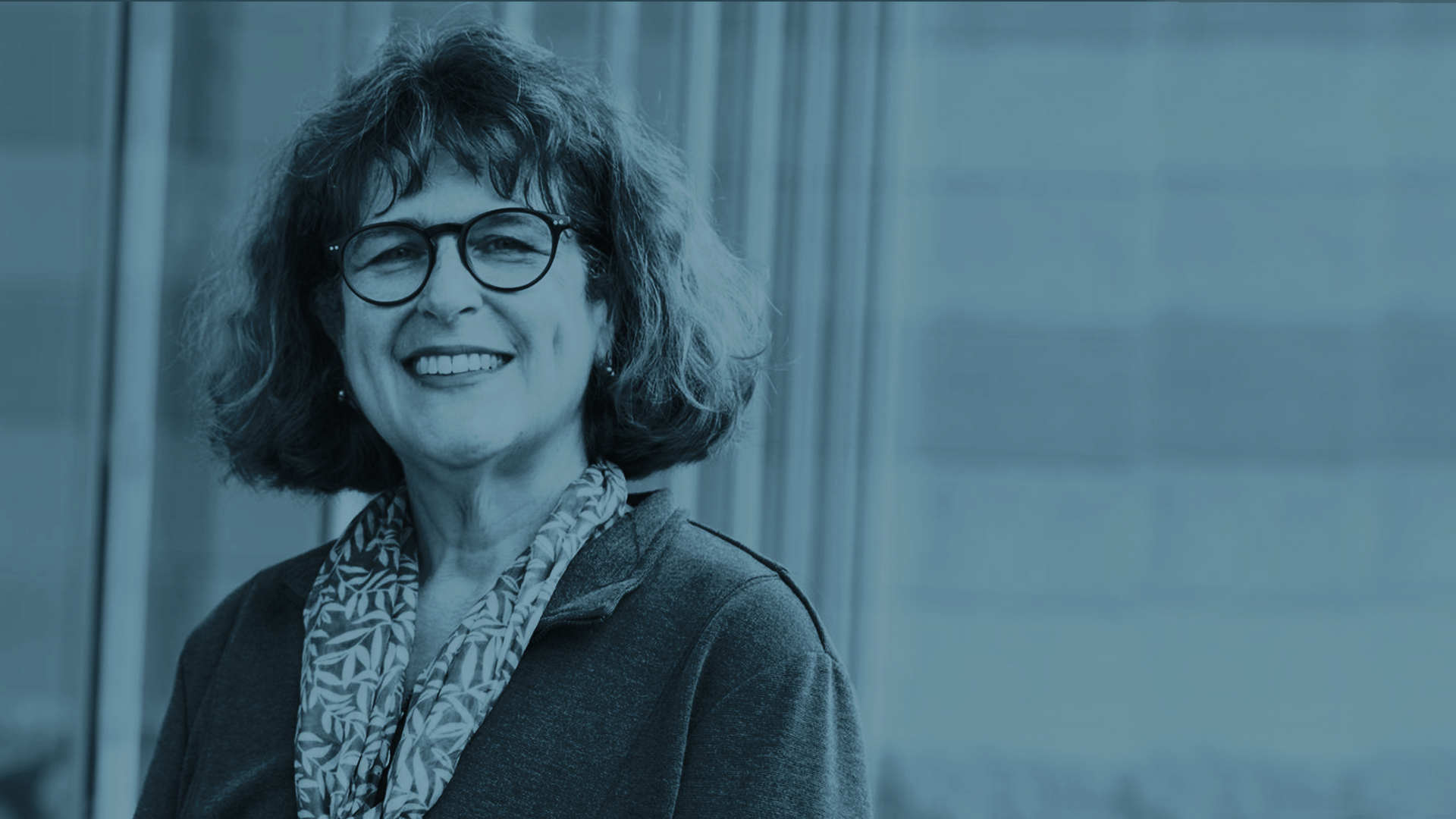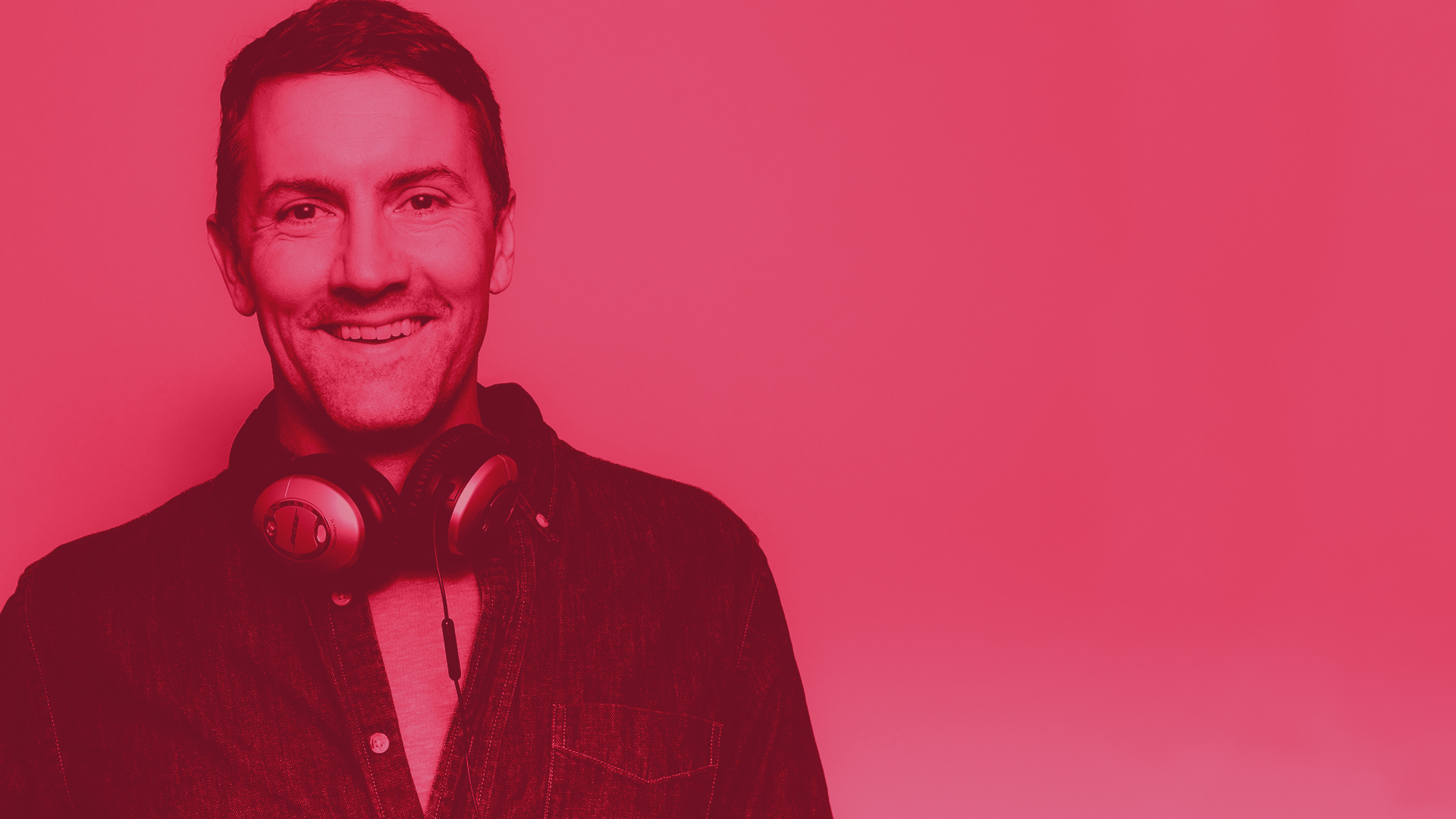Good Trouble: How preparing yourself for a DE&I transformation can benefit your employees with Kim Crowder
Diversity, Equity, Inclusion and Antiracism has become a conversation at the forefront of workplace culture. But what do you do if you haven’t done this type of work before? How do you prepare to move your organization into this new future? We talk to DE&I consultant, Kim Crowder, on what you need to do to get started on transforming your organization into the workplace culture of your dreams.
Chris Nelson [00:00:03] One of the earlier side effects of the pandemic was that despite our anxiety, there were fewer distractions in our life. There were no dates to go on, no playoffs to watch, no schools to drop our kids out for our time.
Chris Nelson [00:00:17] Our lives were less noisy, so it was easier for events to cut through that noise. Events like Ahmad Arbery or Brianna Taylor or George Floyd.
Protestors Chanting [00:00:30] I can’t breathe. I can’t breathe…
Chris Nelson [00:00:31] It’s hard to imagine there’s a decent person out there who saw that video and wasn’t appalled, but we’ve been appalled before.
Chris Nelson [00:00:41] We were appalled at what happened to Tamir Rice or Trayvon Martin or Michael Brown, despite our initial horror at these events. After a few news cycles, most of us just went back to our lives.
Chris Nelson [00:00:56] And even now, with the world’s attention on systemic discrimination, was it possible that the same thing might happen or this time were things different? It’s a question I put to today’s guest, diversity, equity, inclusion and anti-racism specialist Kim Crowder.
Chris Nelson [00:01:12] What makes this particular moment different from those that have come before?
Kim Crowder [00:01:16] I don’t know if your audience is familiar with Angela Davis, but she is certainly an activist and a freedom fighter. And she said she had never seen anything like this where the whole world got involved in a movement at this level. I think when we start to listen to our elders who have lived through versions of this, to hear them say, I’ve never seen something like this before, that is hopeful.
Chris Nelson [00:01:42] On its face, it’s hard to disagree with what Kim sees…
Protestors Chanting [00:01:46] No justice, no peace! No justice, no peace!
Chris Nelson [00:01:49] People are taking action not just in the streets, but on basketball courts,.
Milwaukee Bucks Protest [00:01:54] Despite the overwhelming plea for change. There has been no action. So our focus today cannot be on basketball.
Chris Nelson [00:02:00] Tennis courts.
Naomi Osaka [protest] [00:02:01] I was just waiting and waiting. But then I realized that I would have to be the one to take the first step and create awareness.
Chris Nelson [00:02:07] And in workplaces. For companies with DE&I programs, there’s questions as to whether or not they’re doing enough. And for those companies without DE&I, there’s now an urgency to start. And that’s where Kim comes in. She helps business leaders with their diversity, equity, inclusion and anti-racism efforts. But as you’ll hear on today’s pod, she believes the real work for leaders begins by looking inside at themselves.
Chris Nelson [00:02:31] Kim Crowder joins us at The Nexus.
Chris Nelson [00:02:36] The Nexus, a place where people converge and connect. On this podcast, we look at the things that are changing the way all of us do our jobs. We’re going to take a quick peek into the minds of those people who are helping us change: scientists, HR leaders and experts in human performance. I’m Chris Nelson.
Chris Nelson [00:02:55] Kim, I’m going to ask you what could be the most obvious question in the world, how essential are diversity and inclusion programs within a company?
Kim Crowder [00:03:04] Oftentimes organizations come to the table and say, we want diversity, equity and inclusion or diversity and inclusion. But equity and anti-racism aren’t a part of the conversation. Those are the areas that really can move an organization forward. And so when you ask how important they are, I would say it would really depend on what the company’s focus is and how far a company is willing to go in order to make sure that the workplace environment is equitable for all employees.
Chris Nelson [00:03:32] And in your experience, is that a crucial misunderstanding, like they want something but they don’t know how to achieve it or they don’t know how to address the problems within their own company?
Kim Crowder [00:03:42] Yes, often people don’t know how to do that work.
Kim Crowder [00:03:48] As a consultant, I do not come in and convince anyone of the value of this work. I really feel like I come in to support you, but I cannot convince you that’s something that really has to happen internally. Your upper level leadership has to be brought in, your executives, your C suite have to be brought in… Your board of directors. That’s the work that I need organizations to do first. Oftentimes, organizations have not really put some real hard metrics and goals in place. If you don’t deal with the roots of why that isn’t happening, then it’s just a dream, right?
Kim Crowder [00:04:21] You need actionable ways to be accountable in order to make sure it moves forward, drill down to the goals and really start looking at your processes and the strategy around this in order to make it stick.
Kim Crowder [00:04:34] And then also it is finding out just the level of investment that they’re willing to make internally. Those are the two things, having that C suite on board, that upper level leadership on board and then really being honest about what they’re willing to invest. Because what that does is it creates an honest relationship with themselves and a consultant so that there’s no frustration.
Chris Nelson [00:04:57] What kind of role does humility play in this?
Kim Crowder [00:05:00] It’s paramount. You say humility, but I like to use the word vulnerability. And the reason why I move away from humility into vulnerability is because there’s so much involved when you talk about the vulnerability of a leader, because what that does is it moves throughout the organization. And what I find is that when I’m working with organizations who are having a really hard time moving initiatives like this forward, there’s a vulnerability issue within the organization. If we’re not talking about vulnerability in this conversation, we’re not talking.
Kim Crowder [00:05:34] That is a place where leadership can really, really be transparent and say, you know what, we have missed this and we don’t necessarily know how to deal with it, that people really respect vulnerability in leadership more than I think we give credit for just in industries overall, especially in corporate America, where vulnerability is seen as a weakness, when in fact people absolutely respect that and it is a core strength that any great leader should have.
Chris Nelson [00:06:04] What can we be doing to help leaders being vulnerable?
Kim Crowder [00:06:07] That’s a good question, because I think that looks very different in every organization, especially when you talk about organizational structure and workplace culture. That could be a myriad of things.
Kim Crowder [00:06:18] I’ll give you about three things that I can think of off the top of my head. One is that we really need to move away from this idea that we need to allow BIPOC employees and again, BIPOC is Black, Indigenous, People Of Color, that they should be the leaders of this in the way that they are the ones risking their jobs for it, because often we do that anyway, particularly in America. Statistically, we know that white folks are able to keep their jobs. And what that means is that white people have more room for error. And so we are asking that white people really use that to amplify other voices. We are not saying become the savior, but we are saying be willing to be a coconspirator. And what that means is you’ve got to get yourself into some good trouble. And good trouble is what John Lewis used to say.
Chris Nelson [00:07:08] I love that phrase. That’s so good.
Kim Crowder [00:07:10] Yeah. Get yourself into some good trouble. Right? And so that means risking something in order to make sure that what you envision, what you would love to see at your company happens.
Kim Crowder [00:07:23] So the second piece of that, I would say, is to make sure that as you are having these dialogs, that you are encouraging on a regular basis your organization to bring in a third party, because oftentimes when you’re in the environment, you can’t see everything.
Kim Crowder [00:07:43] I like to give this example. You know, when we were growing up, you know, your mom or your dad would tell you to do something. And it was a horrible idea. But then when your best friend said it, it was like the greatest advice you ever received in the world. Right.
Chris Nelson [00:07:55] Right.
Kim Crowder [00:07:56] If you have kids, I’m sure you even say you’re like, really, I just said that.
Chris Nelson [00:08:00] Yeah.
Kim Crowder [00:08:01] So there’s something really special about someone from the outside being able to come in who doesn’t have that same attachment, nor do they have the same consequences when they speak truth to power. And so that is extremely important for organizations to kind of lift that veil a bit and allow someone to come in and be really open and honest about the situation. And then the third part around this, the goal is to see your employees as people, as a part of a whole ecosystem within your organization and seeing them as individuals. This is, frankly, the crux of anti-racism. The reason that we are able to hold on to racist ideas is because we can group people and not see them as human. And so this is the real deep work of dismantling the way that we approach people, make sure that leaders feel like they have some support around this and that they can make mistakes, because if we want to hold our leadership accountable, they have to be seen as human as well. If a leader is trying that, we honor that and say we see you trying. Here are a couple of other ways that you might want to consider enhancing your level of engagement.
Chris Nelson [00:09:19] How much work do companies and leaders need to do before they engage someone like yourself? And is there a tipping point where, say, the hard work gets easier?
Kim Crowder [00:09:28] This is going to be a lifelong journey for an organization. We always know we need to be innovative with new products. We always know we need to be competitive and make sure that we are moving things forward, especially as we are connecting with our internal and external, particularly external stakeholders and really wanting to gain market share. If we are willing to put in that amount of work for that, why would we consider it to be any easier on this end specifically because it is something that is so taboo and not only taboo, but it is about power dynamics and who gets to have it, right?
Kim Crowder [00:10:05] But the beautiful part is that what you’re asking, Chris, is about turning on lights, is that the more of this work that you do, the more lights will turn on.
Chris Nelson [00:10:14] Right.
Kim Crowder [00:10:14] And soon you’ll start to see and really illuminate that in every area of your life, because then it will become a bit more natural to see it. We’re all learning every day. I would encourage people to embrace that journey, embrace the process instead of thinking when are we going to get there? There is no promised land, but there is absolutely a beautiful welcoming moving this forward step by step that could really change your relationships with not only your coworkers, but outside of work in your personal life as well.
Chris Nelson [00:10:51] I mean, we look at tons of data that tells us that inclusive workplaces, equitable workplaces, diverse workplaces, consistently higher levels of employee engagement, higher levels of innovation, higher levels of productivity, and most importantly, higher levels of growth and stable growth. It kind of feels like there’s lots of people moving in this direction, not because of how compelling the argument is in favor of doing it, because they fear the optics of doing nothing. Is that motivation enough? Is it a start or will something fail unless they have a fundamental shift in their thinking about this subject?
Kim Crowder [00:11:31] Right. That’s a very fair question. It will never be apples to apples on this. I’ll compare it to working out. And oftentimes people come to work out because they want to look a certain way. It’s not about their health, but what they find out in that process, especially if they’re working with a trainer or someone who is is an expert in the area. They find out that wanting to look good is not enough and that the focus has to be on their health and overall well-being. And so the shift has to change to really focus on that internal root place of what is this going to take in order for me to do this in the long term. And so people come to this, yes, at different stages. The goal is that as they come to it, that in some way they realize that the only way to really make this happen is that they’re willing to go deep and to face themselves.
Chris Nelson [00:12:25] Could it be said that what gets them to the door is less important than the fact that they cross the threshold?
Kim Crowder [00:12:32] I would say so. And also, we’re not only talking to one person in the organization. If I’m doing a workshop training, I could be training thousands of employees. And the beautiful part is that now I think employees are really seeing the power that they have with their employers to move things like this forward by speaking out because that checks and balances is so important. And so what we’re seeing is a real powerful shift in dynamics in the way that the call and response and the back and forth between employers and employees, that is changing. My hope is that when we’re at the end of 2021, this becomes something that’s embedded in the DNA of their workplace culture.
Chris Nelson [00:13:14] Kim, this has been such a great conversation. It’s been a real pleasure to talk to you. I could talk to you all day.
Kim Crowder [00:13:20] Thanks so much. I appreciate your having me on.
Kim Crowder [00:13:25] If you’re a business leader who’s ready to get themselves in some Good Trouble, Kim Crowder is waiting to hear from you. You can find her at Kim Crowder Consulting dot com. That’s K I M CROWDER Consulting dot com. And if you want to chat about your efforts from the rooftops, then let the folks at Nexus give you the megaphone. For more than two decades, we’ve been helping companies with their unique talent communications needs from strategy to execution. You can find us at Nexus Communications dot com. That’s N E X U S communications dot com. By the way, we’re not done talking about diversity. Kim Crowder has already told us what we need to do to prepare ourselves. But our guest on the next pod will tell us what we need to do to prepare our companies. His name is Michael Bach and he’s the author of the new book Birds of All Feathers. He joins us in two weeks at The Nexus. And don’t forget to like us on Apple Podcast, Spotify or wherever you find your podcasts. I’m Chris Nelson. Thanks for listening.
